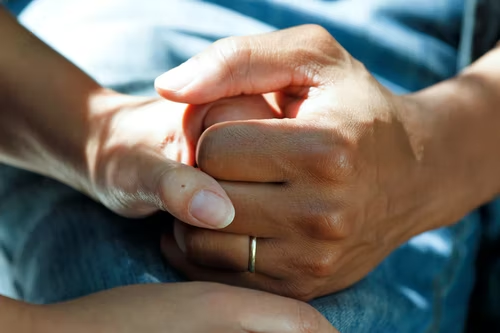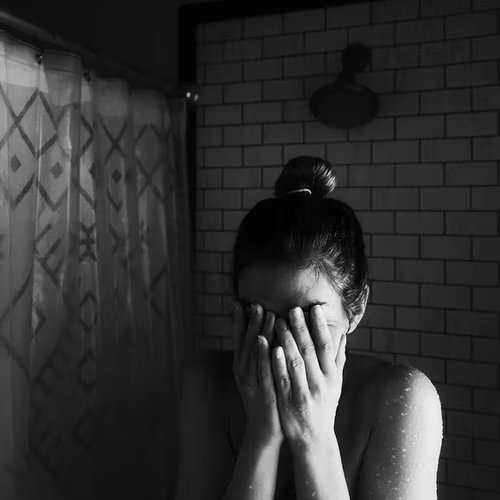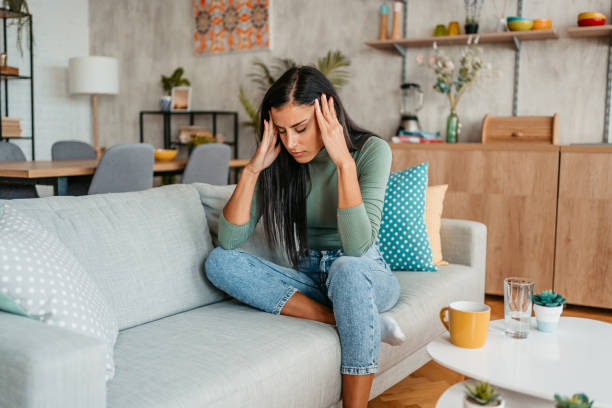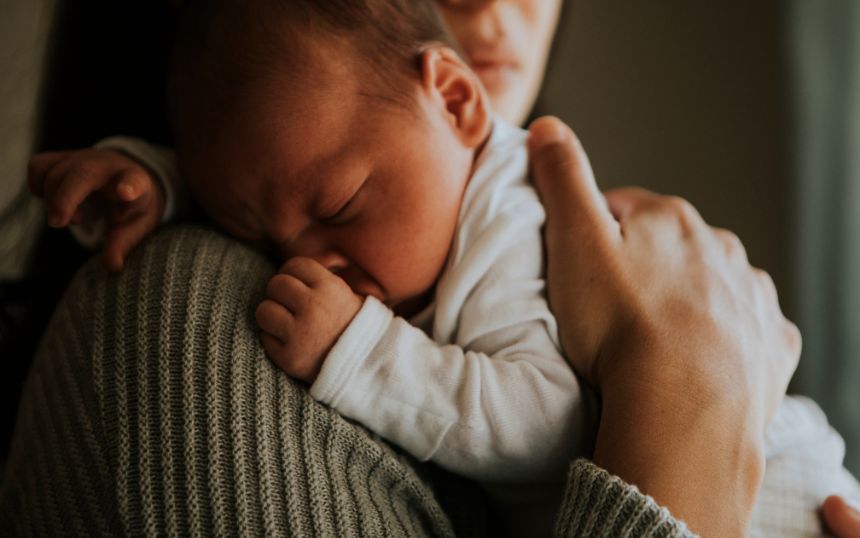Understanding Clinical depression
This is a complete guide showcasing 9 things to understand clinical depression. This article will help you know how to tackle this debilitating condition and beat negative thinking, lethargy and hopelessness associated with depression.
1. Depression is common
Depression is a common mental illness that affects millions of people around the world. It's important to understand how depression works, how you can get help for it, and how to support someone who has depression.
Depression is a mood disorder that causes feelings of sadness or hopelessness for weeks or months at a time. Depression can be caused by genetics, brain chemistry, trauma, stress, grief and other events in your life. Depression usually starts in childhood or young adulthood but can start at any age.
People with depression may feel sad or down most of the time, lose interest in things they used to enjoy, have trouble sleeping or eating normally, and feel tired all the time. They may also have other symptoms such as headaches, body aches and pains, hot flashes or cold sweats, trouble concentrating and making decisions. Some people think about suicide when they're depressed. If you have these thoughts while suffering from depression it's important to reach out for help right away so that you don't act on them!
2. Depression is treatable
If you're suffering from depression, there is hope. You can overcome it and live a life of joy and peace. Depression affects more than just your mood; it affects your whole being, including your relationships with others, how well you sleep or eat, and how productive you are at work. If you are suffering from depression, it's important that you take the first step toward recovery—and the sooner the better!
Your brain chemistry changes when you're depressed. It's not that something is wrong with your brain. Rather, it's that there are certain changes in brain chemistry that cause depression symptoms to manifest themselves in your mind and body. These changes can be reversed through medication or therapy.
3. Depression may be caused by chemical imbalances in the brain
Depression is often caused by chemical imbalances in the brain. This means that there are lower-than-normal levels of certain chemicals in your brain that regulate mood, behavior, and thinking.
These chemicals are called neurotransmitters. They're like messengers that send signals from one part of your brain to another. These signals control how you think and feel about yourself, other people, and the world around you.
When these messages aren't getting through properly, it can cause changes in how you think or feel about things. This can lead to symptoms such as feeling sad or hopeless for no reason at all; having trouble sleeping or concentrating; having feelings of anxiety or fear; or not being able to enjoy things as much as usual.
4. Depression is not a personal weakness or character flaw
It may seem like it at first, but depression is actually a health condition that has been linked to physical changes in the brain. Depression can be triggered by many different kinds of life events, including grief and loss, chronic stress, and traumatic experiences such as abuse or violence. It can also be caused by other medical conditions such as thyroid disease or side effects from medications.
Many people with depression have never had any mental health problems before their symptoms started. And even though depression can affect anyone regardless of gender or age, some people are more likely to develop it than others. For example, women are twice as likely to get depressed than men—and African-Americans are about three times more likely than whites to experience depression at some point in their lives.
5. Depression can affect your body, mind and behavior
The negative effects of depression on the body include fatigue, insomnia or hypersomnia, and changes in appetite. Some people may experience physical pain without any known cause. Depression can also cause changes in sleep patterns, with insomnia or oversleeping being common symptoms. Depression can make a person feel fatigued, which then makes them less likely to exercise and more likely to eat unhealthy food. The more you exercise and eat healthy foods, the better your mood will be!
Depression also affects your behavior. When you're depressed, it's easy to feel hopeless or helpless—and that can lead to isolation from friends and family members who care about you. You may become withdrawn from others and avoid doing things like going out or socializing with others for fear of rejection or embarrassment. This can lead to a vicious cycle: as time goes on, it becomes harder for friends or family members to reach out because they're worried about upsetting you or making things worse! But if someone does reach out? Take advantage of it! Reach out back! It will help break the cycle so that both of you can start feeling better about yourselves again.
6 . Depression can ruin relationships with family, friends and work colleagues
The reason for this is that depression can make it difficult to be in relationships with others. Depression can affect your personality and behavior, making it hard to relate to others. It's hard to trust people when you're depressed, and this can cause you to withdraw from relationships, or make you feel like you don't care about the people around you. You might also have trouble asking for help when you need it, which can lead others to assume that everything is fine even though it isn't.
In addition to causing problems in your personal relationships, depression can also make it difficult for you to be successful at work or school. Even if your job does not require much social interaction, depression will still affect how well you perform on the job by making it hard for you to get things done on time and stay motivated. This may result in coworkers becoming frustrated with their jobs because they have more work than usual due to your lack of productivity.
7 . Depression can make you feel hopeless
When you're depressed, it's easy to lose perspective. You may feel like nothing matters, or that there's no point in anything you do. You might even feel like life isn't worth living anymore.
And when those feelings take hold, they can be really tough to shake off. We've all been there: we start thinking about how little we have to look forward to and how little chance we have of ever getting better, and then suddenly we're convinced that everything is pointless.
But if that happens to you—if you find yourself thinking these things—don't panic! The first thing to remember is that this feeling is not permanent. The second thing is that there are things you can do right now to help yourself out of this mindset and back into a place where you're looking forward again!
8 . Some people with depression have tried to end their lives multiple times before getting help for their condition
First, it's important to realize that any person with depression can experience suicidal thoughts, even though they may not always follow through.
When someone has suicidal ideation, they might feel like they would be better off deador at least that they wish they were dead. They might feel hopeless or trapped in a situation that is making them miserable. This can lead them to think that suicide is the only way out.
Second, depression and other mental health conditions can make it difficult for people to get help when they need it most. For example, some people who have been treated for depression may find themselves feeling worse after taking medication or going through therapy because they don't know how to manage their symptoms effectively on their own yet (or because medications don't work for everyone).
In this case, these individuals may feel like there is no hope for improvement or recovery—which can increase feelings of hopelessness and despair.
9 . If someone has a depression, they can seek professional help
You can tell your doctor or another health professional. They'll ask questions about how long you've been feeling this way and what symptoms you're experiencing. They may also do a physical exam and order lab tests or imaging studies.
Your doctor may recommend psychotherapy (sometimes called “talk therapy”) or antidepressant medications. If both are recommended, your doctor will likely start with psychotherapy first and then see if medication is needed later on.
If your depression isn't getting better after three to four months of treatment with psychotherapy or antidepressants, talk with your doctor about trying something new or changing the dose of your current treatment.
Clinical depression is a term referred to as a serious mood disorder that affects the way we think and feel about ourselves, our life and the world around us. Clinical depression poses numerous effects on an individual and can ultimately impair the ability of performing even the most basic tasks.
For more helpful and informative insights, visit here.





